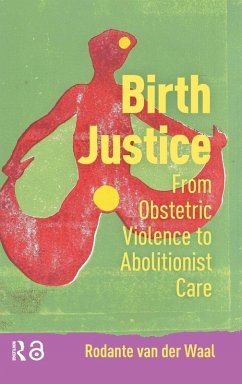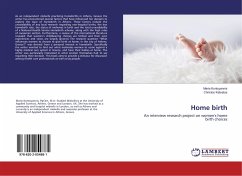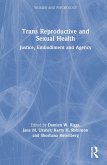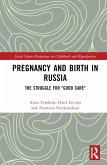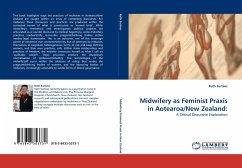Reproductive injustice is an urgent global problem. We are faced with the increased criminalization of abortion, higher maternal and neonatal mortality rates for people of color, and more and more research addressing the structural nature of obstetric violence. In this collection of essays, the cause of reproductive injustice is understood as the institutionalized isolation of (potentially) pregnant people, making them vulnerable for bio- and necropolitical disciplination and control. The central thesis of this book is that reproductive justice must be achieved through a radical reappropriation of relationality in reproductive care to safeguard the access to knowledge and care needed for safe bodily self-determination. Through empirical research as well as decolonial, feminist, midwifery, and Black theory, reproductive justice is reimagined as abolitionist care, grounded in the abolition of authoritative obstetric institutions, state control of reproduction, and restrictive abortion laws in favor of community practices that are truly relational.
Hinweis: Dieser Artikel kann nur an eine deutsche Lieferadresse ausgeliefert werden.
Hinweis: Dieser Artikel kann nur an eine deutsche Lieferadresse ausgeliefert werden.

